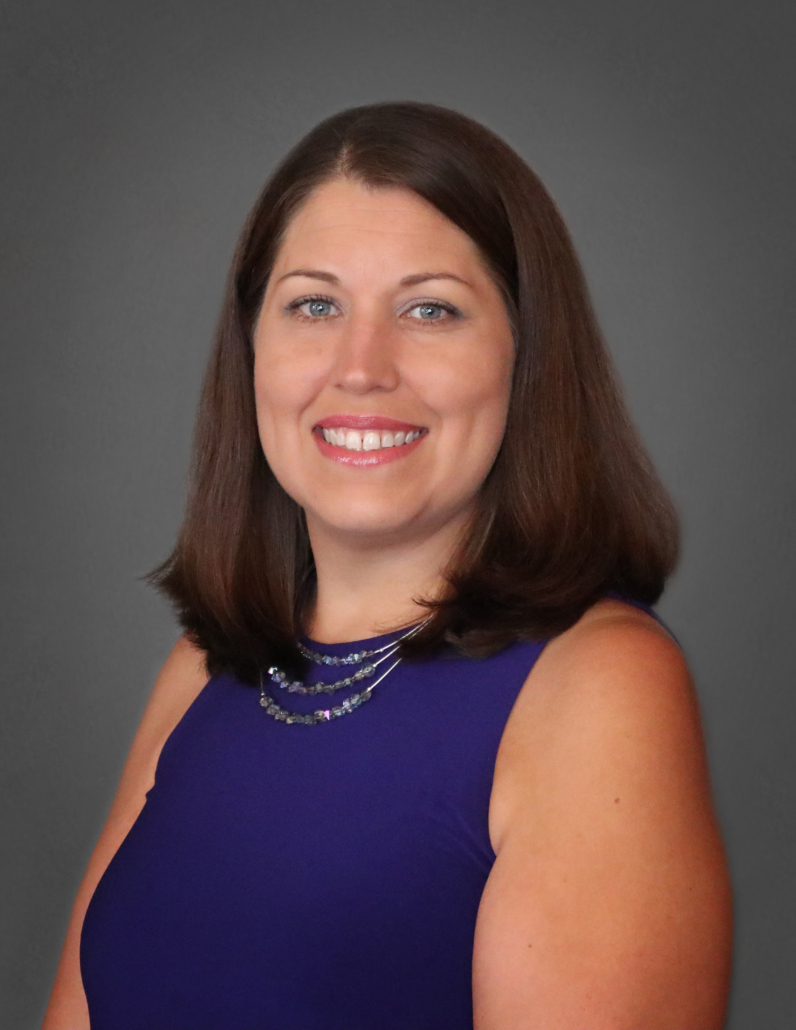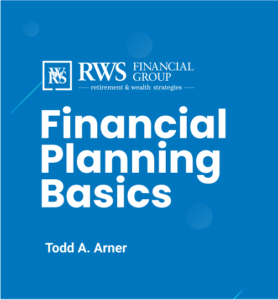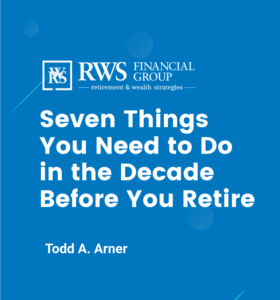Planning Your Journey to Retirement – RWS Financial Wellness Series
November 24, 2021 in Uncategorized /by Morgan Edwards
Subscribe to our YouTube channel: https://www.youtube.com/channel/UC852TbvU8yv2RlmtwNnVUaw
The Long Road to Retirement
With one in five Americans reportedly spending more time planning their next vacation than managing their own money, the statistic at first may seem shocking. But upon looking at one’s own life, many find this true for themselves, often prioritizing short-term versus long-term goals. Though retirement may seem far away, there are some things we can do today to help us tomorrow.
Making money choices today that matter tomorrow
When we’re planning a vacation, we often ask a friend’s advice on where we should go or read reviews online or look up locations on Airbnb to see where the best deal is. We have action steps that we take for vacations, so why don’t we translate that over to our own personal finances? When it comes to retirement income, many of us might just assume that social security will do the work for us. If you’re not familiar, social security is a safety net that was set up many years ago to provide us with some level of income replacement in retirement. However, on average, only 40 percent of pre-retirement income will actually be replaced by social security, creating a big gap. This means that the rest of the money needed in retirement is now completely up to the individual. Some people may still have a pension through an employer, however, that number is also dwindling down. We need to focus on saving for ourselves – but, how do we get there?
Similar to planning a trip, there are certain steps that we should take to plan our “trip” into retirement and then through retirement itself. That means that there are two key questions that we want to ask ourselves:
• How much should I be saving?
• Where should I be investing?
You’re saving and investing – but is it enough?
Many people have probably thought about how much money that they should contribute to a retirement fund – should it be five percent of your income? Or 10 or 15? There are a lot of different numbers that you can find online now. To answer that, sometimes in the financial industry, if someone is saving 15 percent of their income, they’ll be dubbed a “super saver”. But, if you can’t start at this threshold, it’s important to just remember that as long as you begin saving, you’re already exuding the right behavior to strengthen that muscle.
When it comes to saving, here’s an example to remember that time is on our side. Anthony is a top-earner so if he were to save just six percent of his paycheck, once he turns 65, he’s going to receive an estimated $1,500 a month in retirement income. Opposite that, Sophia is a bottom-earner who has also started out by saving six percent of her salary but increased that savings by one percent each year until she eventually started saving 10 percent of her income. In retirement, Sophia will receive roughly $2,355 each month, making that an $842 difference above Anthony. Oftentimes, if you look at your own retirement plan, many employers have the ability for you to increase your retirement contributions automatically.
When it comes to where one should invest, understand what level of risk you’re comfortable with to better assess the different options that are available. Think of how much money you’ll have before you stop working and any other investments that you have to rely on. If you have a difficult time understanding or selecting investments, target date funds could be a great option. When you’re younger, the fund will be more growth-oriented but then as time goes by and you get closer to retirement, the investment automatically becomes more income oriented. It essentially acts as kind of a one-stop shop where you can just set it and forget it. Choosing a target date fund is simple – log into your 401k program or 403b program and use the calculator function. Enter the year you were born, add the number 65 (which is your retirement age) and then add those two numbers together and it provides a year for assumed retirement. For example, for someone born in 1981, they would have a 2045 fund which will likely be the closest to the year that they would retire.
Retirement is closer than you think
As we take our journey through retirement, there are a few main points to consider. First, consider saving as soon as possible even if it feels stressful or difficult to do so. Make it a priority so if you start right away and save $200 a month for 40 years, for example, by the time you hit retirement, you can expect around $2,300 a month in income. But, if you wait another 10 years and start saving $400 for 30 years, even though you saved a lot more money, you’re only going to receive about $2,000 a month in income. Mathematically, if you save $200 each month for 40 years, that’s about $96,000 in savings. But, if you instead save $400 a month times 30 years, you have saved $120,000 compared to the person who saved less overall but actually had more money and income during retirement thanks to compounding interest.
If you watch the news or go on social media, we’re always hearing noise about concerns in the stock market, and many times, it’s often clickbait. However, if you’re a long-term investor, you do want to tune out that noise in order to stay focused for the long-term with day-to-day ups and downs in the market not mattering as much. If you do have that long-term approach, it will pay off in the end, i.e., for someone who invested $1,000 into the S&P 500 back in 1989, they would have had $18,000 saved up 30 years later in 2019, making it a fantastic rate of return even though throughout that time, we have seen drops in the market and great volatility.
It’s important to remember that the stock market is not a one-way elevator; it does not just go up. In the long term, investors typically are rewarded, however, we do want to take advantage of taxation as well, keeping in mind that any contributions that you make into a pre-tax 401k are there to help reduce your current taxable income and any gains are tax-deferred. Likewise, it’s also important to remember that there are a couple ways you can do this. Many plans will offer pre-tax and Roth (which is after tax) so it’s important to consult with a tax advisor to make this decision with added clarity because there are different tax ramifications for both. With that being said, if you are younger and don’t mind paying taxes today, a Roth might be the best option.
Plan your journey with ease
All in all, it’s important to remember a few things as you begin planning your journey to retirement, including:
• Contribute as early as you can and slowly increase that over time
• Make sure you choose those investments that match your risk and how much time you have until retirement
• Schedule a time to consult with your financial advisor to go through the different options
• Make a plan and stick with it
Oftentimes, it’s very easy to say that you’re comfortable taking a lot of risk because you want the reward, however, when the markets do have a downturn, it can be easier said than done. Make sure that you understand the risks going into it and hopefully, in the end, you will be rewarded by contributing as much as you can early on and by choosing those investments correctly and then sticking to that plan.
Visit the RWS Group website at www.rwsgroup.org for more tips and resources.
Recommended Reading

Here to guide your next step.
Our advisors can get you closer to your dreams—showing you the right financial steps to take today and in the days to come.
Take the Next Step
Our advisors are here to give you more of the information you want, and the knowledge you never knew you needed.



